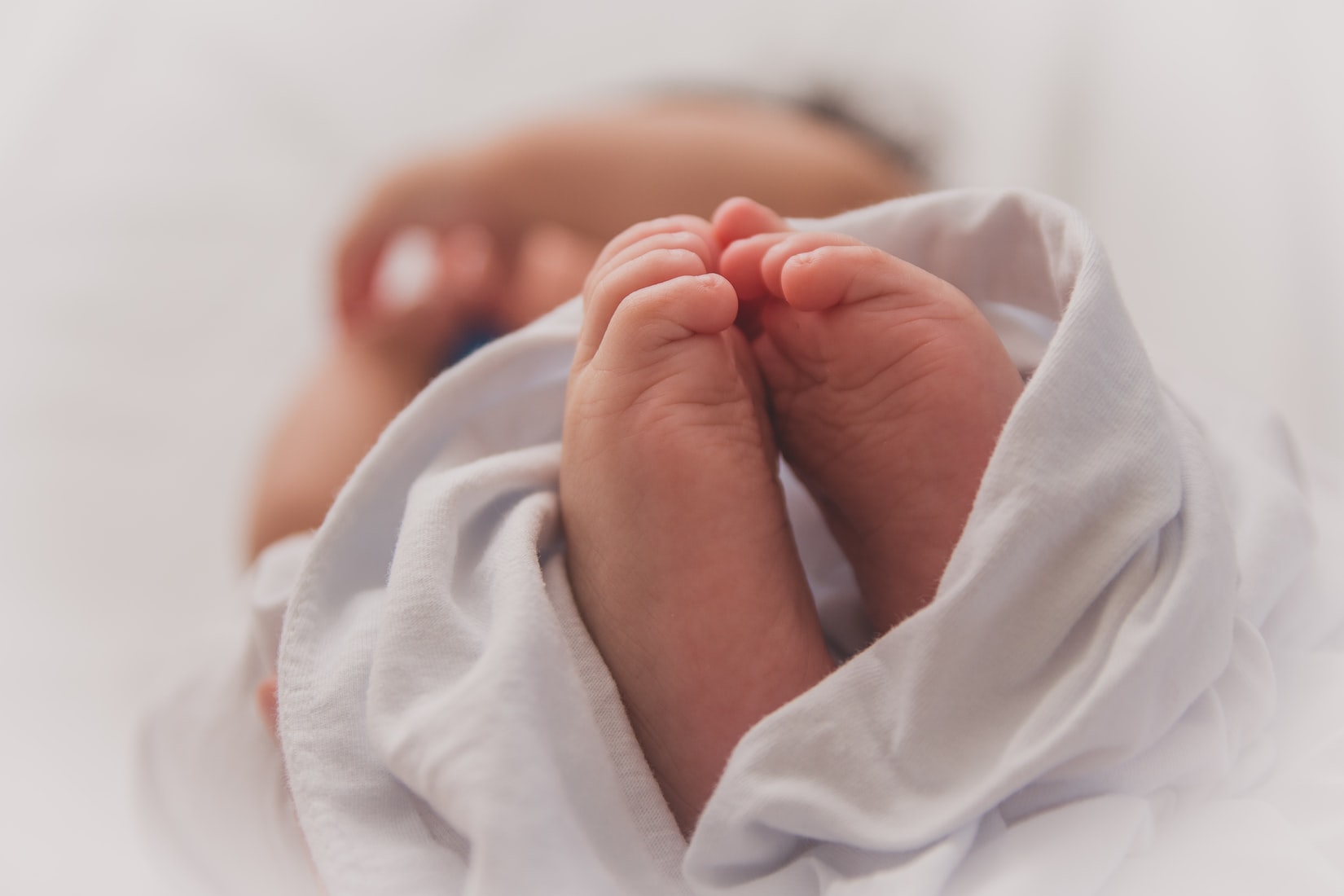
It is impossible for me to explain the trauma suffered by a parent who has experienced a stillbirth. Not only do the parents have to come to terms with the fact their baby has died, but the mother must also go through psychiatric injury and the agony of an induced labour to deliver her lost child.
In early 2016, the Health Secretary, Jeremy Hunt, vowed to halve the number of maternal and baby deaths by 2030, saving 1,500 more lives a year[1]. Britain has a shamefully high rate of stillbirths, and is ranked 33rd out of 35 developed countries for its stillbirth rates; which is more than double those of countries with the lowest levels.
More disturbingly, a damning report published in late 2015 found that over 50% of stillbirths could be avoided if maternity units listened to mothers who called or came in with concerns about their baby, and carried out basic checks. The national confidential audit, led by the University of Leister, estimated implementing such actions could save the lives of 500 babies a year[2]. The report stated that in half of cases where stillbirths occurred, the mother had contacted a maternity unit after experiencing a change in her baby’s movements. However, in almost every incident, the maternity unit responsible failed to look into the mother’s concerns properly, while some demonstrated incompetence when attempting to monitor the infant’s heart rate.
The psychological impact of a stillbirth
The grief reaction following a stillbirth has been demonstrated to be comparable to other types of bereavement with the potential to cause serious short-term and long-term psychological problems[3]. The joyous anticipation of a birth ends with the devastation of a death. This results in both parents having to deal with enormous, conflicting emotions at the same time, putting a strain on even the most emotionally resilient individuals.
In addition to this is the feelings of guilt and failure experienced by the mother. Although in almost all cases, the actions of the mother have nothing to do with their baby’s death[4], it is almost impossible for most women to avoid feeling like they did something wrong.
Types of psychiatric injury suffered by parents of stillborn babies
Parents coping with stillbirth can suffer a wide-range of mental health issues which can be temporary or permanent. These include:
- Post-traumatic stress disorder (PTSD)
- Anxiety
- Depression
- Flashbacks
Relationships can also be put under huge strain following a stillbirth and unfortunately, many fall apart under the dark emotions of grief and blame if support is not made available as soon as possible.
Claiming compensation for stillbirths caused by negligence
If a healthcare provider or staff member in a maternity unit was negligent in their care, and this can be shown to have caused the death of your baby prior to birth, which resulted in you suffering a psychiatric injury, you may be able to claim compensation.
In Mercer v Royal Surrey County & St Luke’s Hospitals NHS Trust[5] a mother was successful in her claim against the defendant. The claimant was able to prove, on the balance of probabilities, if there had not been a 30-35-minute delay in locating an anaesthetist so a caesarean could be performed, the baby would have survived. The court held that a lack of organisation and poor management gave rise to an unsafe system of operation and the claimant had established her case based on delay.
If you have suffered a stillbirth and wish to claim compensation for a psychiatric injury, it is crucial that you instruct an experienced personal injury solicitor to advise and represent you. Because of the sensitive nature of these types of claims, it is important that you meet with a few and find one who you can relate to on a professional and personal level. Clinical negligence cases can sometimes take up to 36 months to resolve; therefore, whoever you instruct must be someone who you can work with for some time.
Most personal injury solicitors offer Conditional Fee Arrangements (colloquially known as ‘no win, no fee’. This means the law firm shoulders the financial risk of you claim rather than you. If your action is unsuccessful, you will not have to pay legal fees (although you may have to pay expenses, known as disbursements). Your solicitor will also advise you on After The Event (ATE) insurance, which can protect you from having to pay the other side’s legal costs in the event that you lose your claim.
In summary
No amount of compensation can ever replace the loss of your baby. However, for the sake of your partner and other children, you need to be mentally healthy. Compensation can help pay for the treatment and support required to find peace with your bereavement and heal your psychological wounds.
You can find out more about the support offered for parents of stillborn children at https://www.uk-sands.org/support.
Saracens Solicitors is a multi-service law firm based in London’s West End. We have a multi-lingual and highly experienced personal injury law team who have the expertise required to advise and represent you if you wish to claim compensation following a stillbirth. For more information, please call our office on 020 3588 3500.
Do you have any comments to make on this blog? Please feel free to add your thoughts below.
[1] http://www.telegraph.co.uk/news/nhs/12199712/New-NHS-advice-to-tackle-high-stillbirth-rates.html
[2] http://www.telegraph.co.uk/news/health/news/12003855/Half-of-stillbirths-could-be-avoided-through-basic-checks-and-listening-to-women.html
[3] https://www.ncbi.nlm.nih.gov/pmc/articles/PMC4299465/
[4] http://www.kickscount.org.uk/mums/pregnancy-guide/breaking-taboos/stillbirth/ – around placental complications cause around two thirds of stillbirths and in many other cases, a stillbirth forever remains unexplained.
[5] LTL 19/1/2001
Table of content
Recent Posts
Lasting Power of Attorney (LPA) – 2025 Fee Increase Update
The UK government has confirmed that the fees for [...]
Mohammed Hijab Defamation Case – His Solicitors Perspective
In the pursuit of justice, the path is not always [...]
Dying Without A Will – Who Can Inherit Your Estate?
Having a Will is one of the most important things [...]








